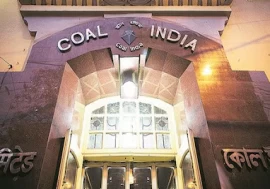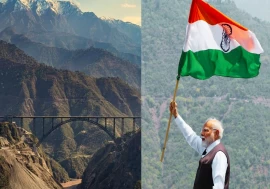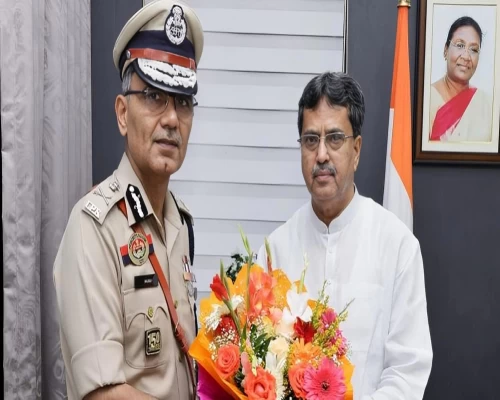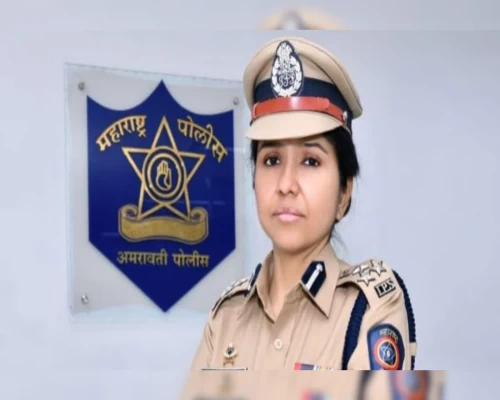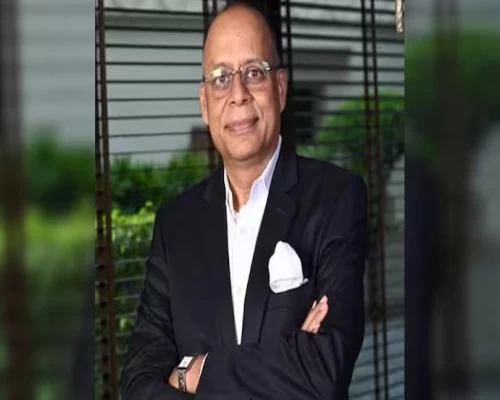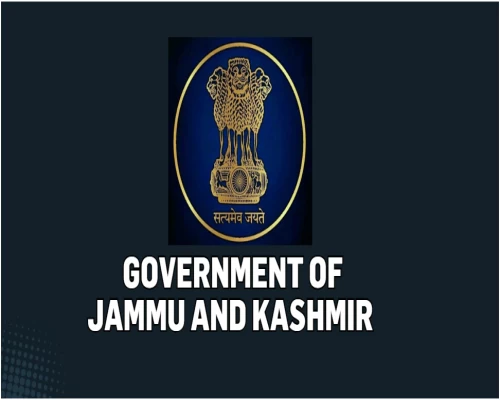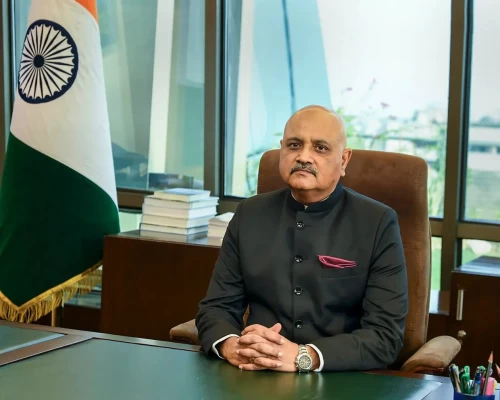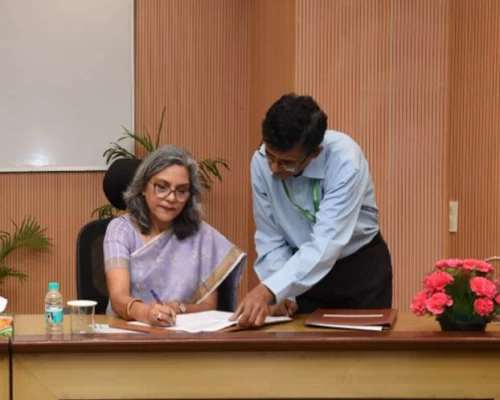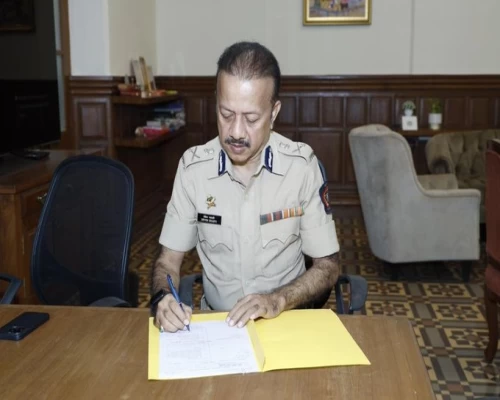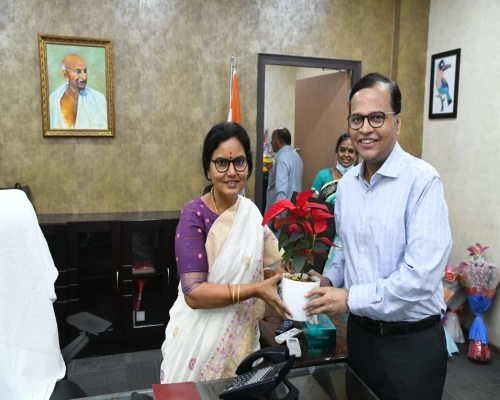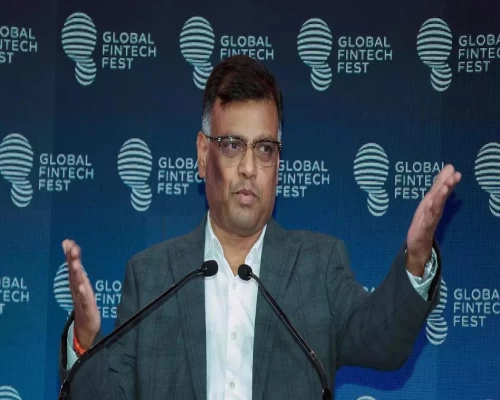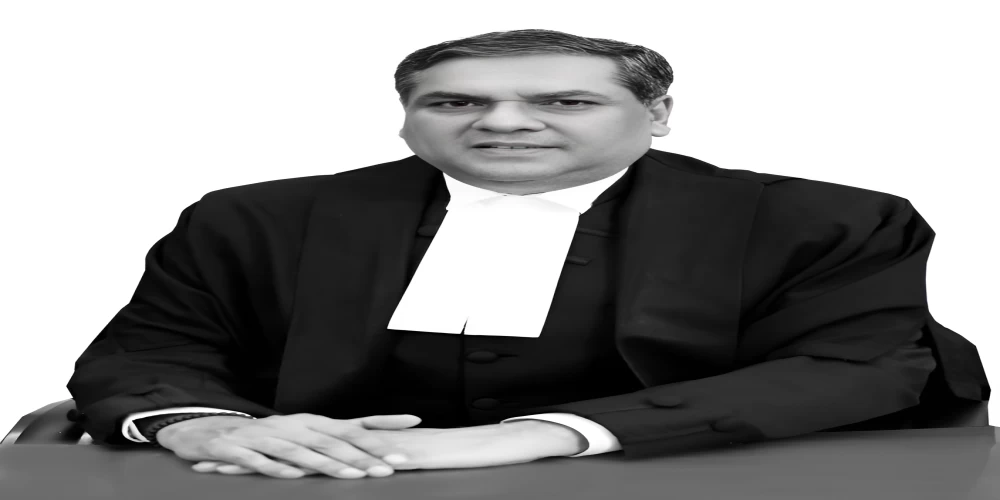
New Delhi: Justice Sanjiv Khanna has been sworn in as the 51st Chief Justice of India, succeeding Justice D Y Chandrachud, who retired on Sunday, November 10. The oath of office was administered by President Droupadi Murmu at a ceremony held at Rashtrapati Bhavan on Monday. Justice Khanna will hold office until May 13, 2025, marking a tenure of just over six months.
Justice Khanna’s career path has been distinctive within India’s judiciary. Elevated to the Supreme Court in January 2019, he is one of the few judges who reached the apex court without serving as a Chief Justice of any High Court. His legal career began in 1983 as an advocate with the Bar Council of Delhi, practicing initially in district courts before moving to the High Court of Delhi and various tribunals. As a judge of the Delhi High Court, he handled numerous cases for the Income Tax Department and held key positions, including chair of the Delhi Judicial Academy and the Delhi International Arbitration Centre.
Justice Khanna has a reputation for prioritising judicial efficiency, particularly focused on addressing case backlogs. Known for his preference for working quietly, he acknowledges the growing influence of social media but remains committed to upholding judicial independence in this new era.
His tenure as a Supreme Court judge has been marked by his involvement in important rulings. Justice Khanna played a role in high-profile cases, including the constitutional bench that upheld the abrogation of Article 370, the verdict striking down the electoral bonds scheme, and a ruling on Aligarh Muslim University’s minority status. He was also part of a bench addressing a petition related to free speech, where he noted the balance needed between Article 19(1)(a) and other fundamental rights, asserting that free expression should not infringe on the right to dignity and personal liberty under Article 21.
Justice Khanna is the nephew of former Supreme Court judge H R Khanna, known for his role in the 1973 Kesavananda Bharati case, which established the basic structure doctrine. He continues his uncle's legacy as a member of the Governing Council of the National Judicial Academy in Bhopal and as the executive chairman of the National Legal Services Authority.
BI Bureau


